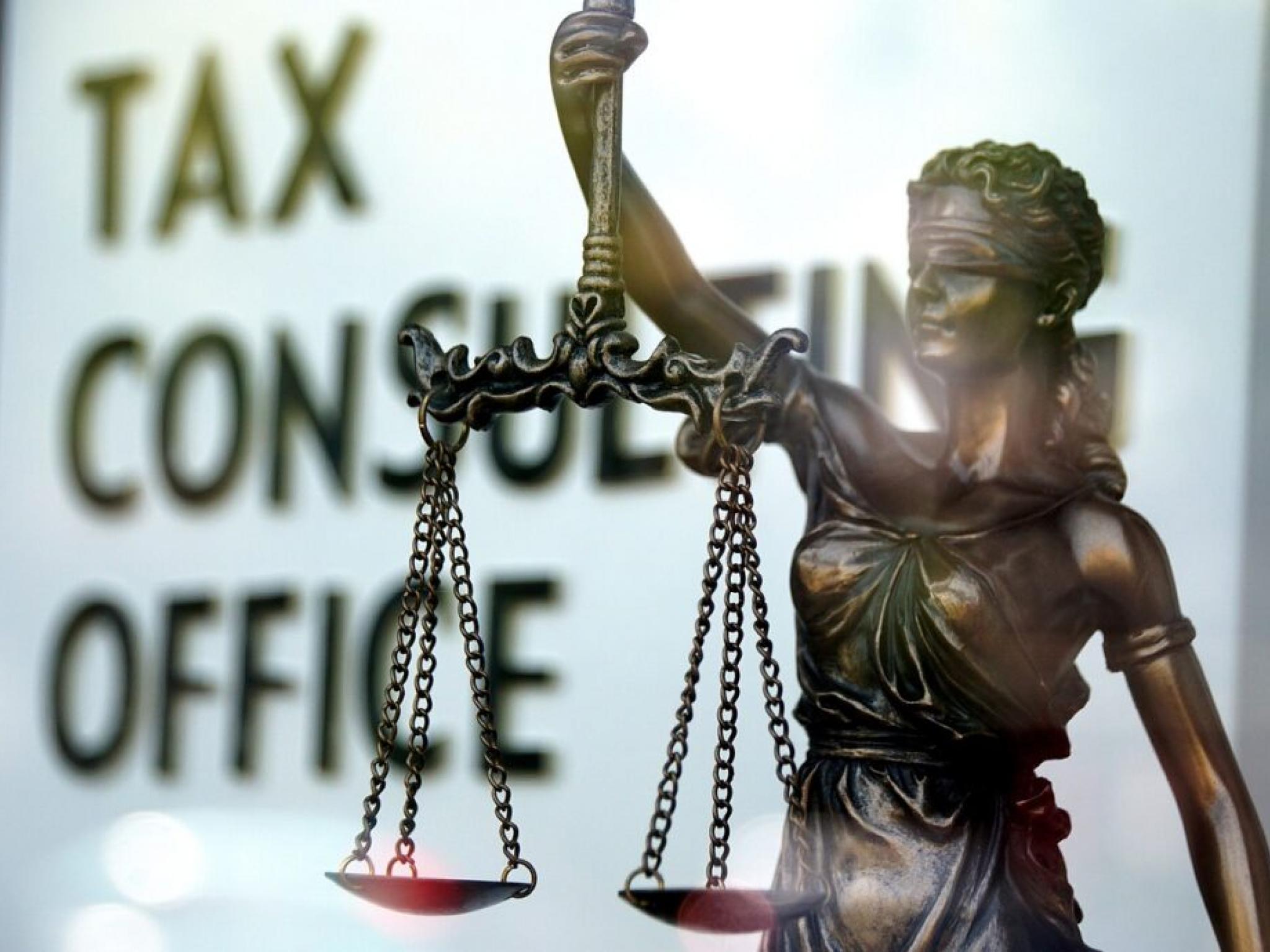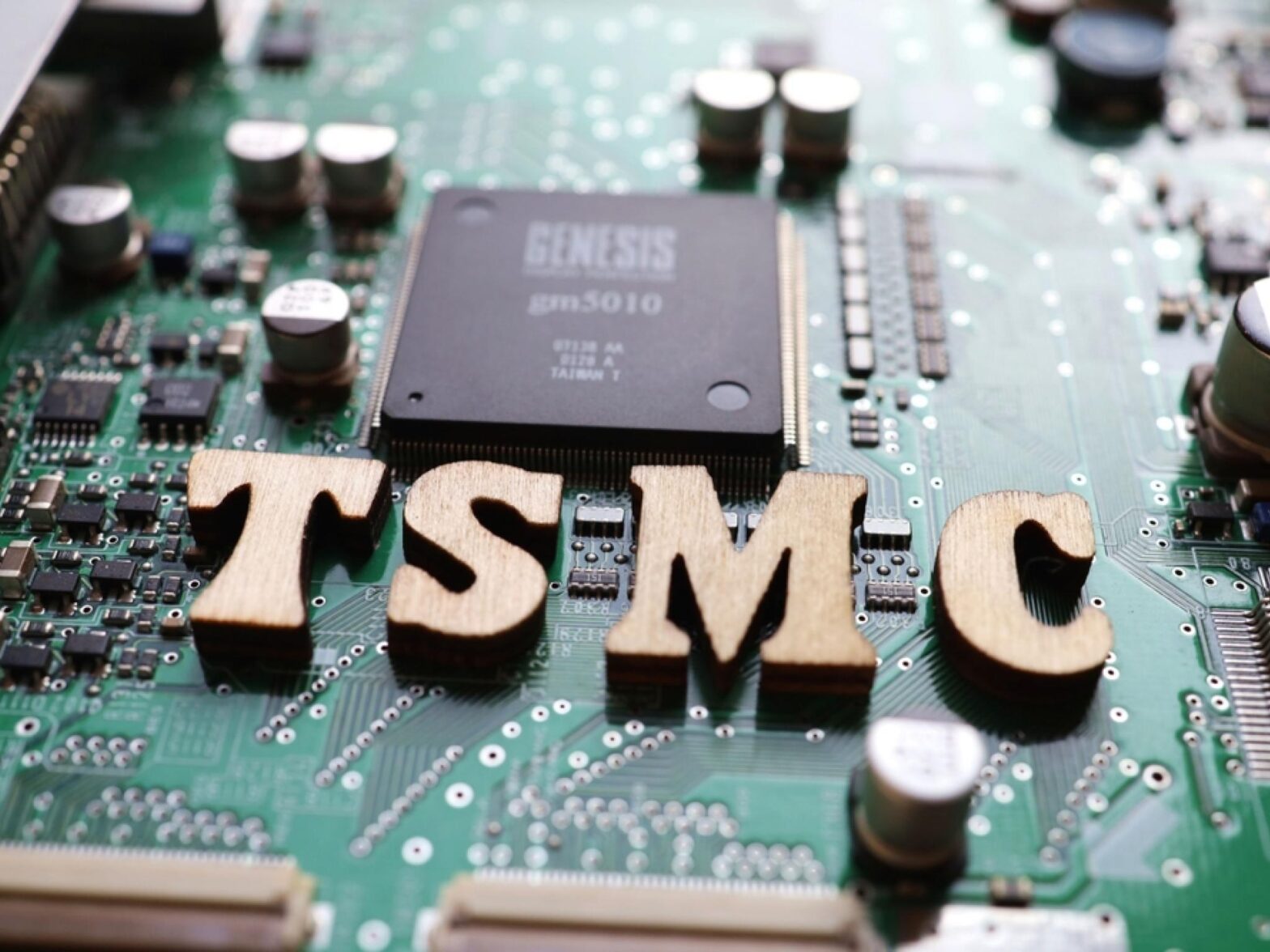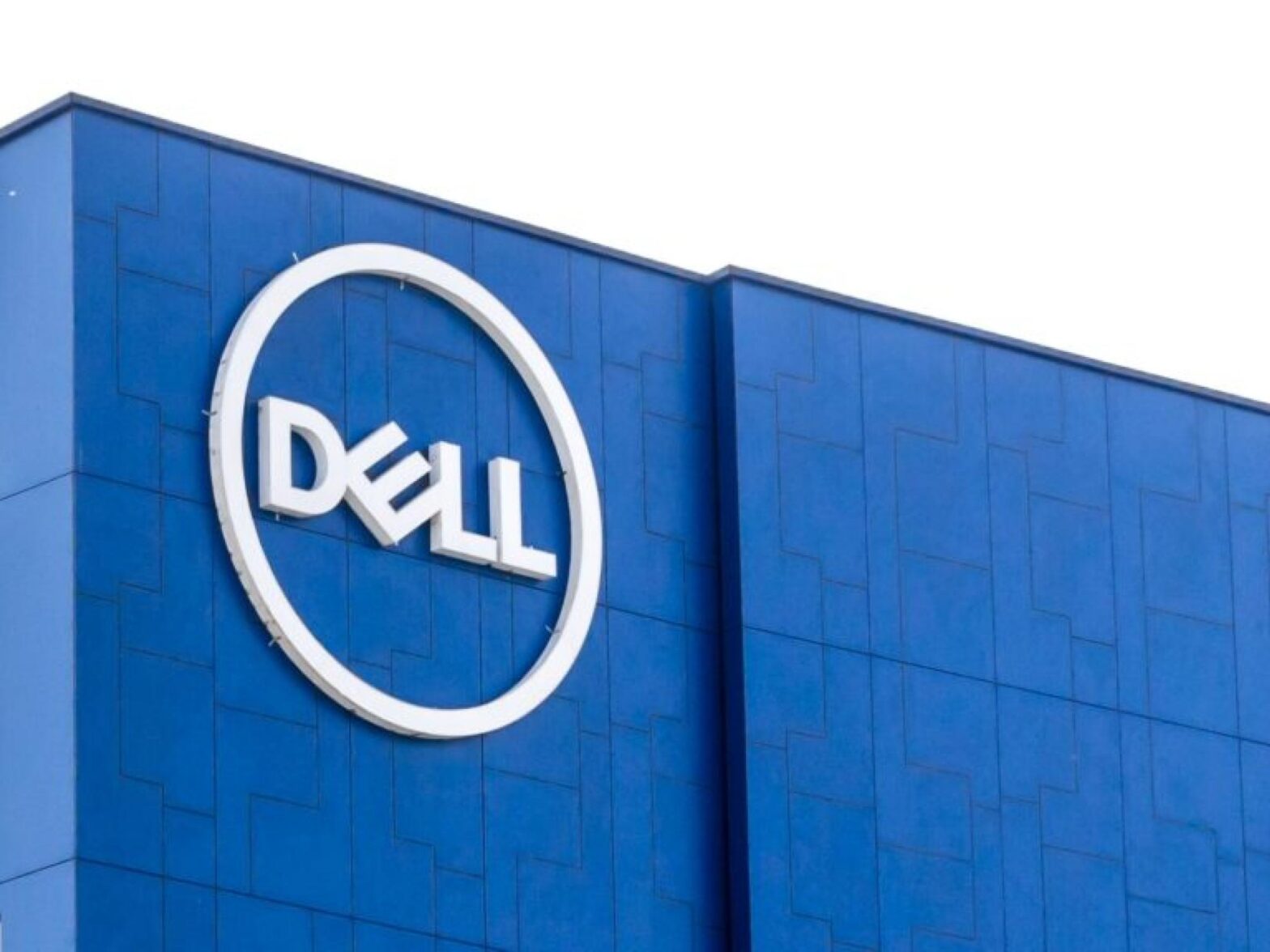Many tax benefits under the Tax Cuts and Jobs Act are set to expire in 2025 which has led to ongoing discussions about their future and potential extensions ahead of next week’s presidential election. Republican candidate Donald Trump and Democratic candidate Vice President Kamala Harris have presented their ideas on corporate tax policy while on the campaign trail.
Tax Cuts and Jobs Act: The Tax Cuts and Jobs Act (TCJA) was signed into law in 2017 and significantly overhauled the U.S. tax code. Under the TCJA, corporate tax cuts reduced the average effective tax rate for large corporations from 22% to 12.8% with many of the largest and most profitable corporations seeing the largest tax breaks. However, the TCJA has been criticized for disproportionately benefiting higher-income individuals and corporations and its long-term impact on federal revenue.
Read Next: Bank Of America CEO Cautions Fed Not To ‘Go Too Fast Or Too Slow’ On Interest Rate Cuts
As an example, Facebook parent Meta Platforms, Inc. (NASDAQ:META) saw its effective tax rate drop from 28% to 18%, saving the company $8 billion in tax expenses during the 2018 to 2021 period, according to a study by the Institute on Taxation and Economic Policy. Meta’s profits rose by 372% in the same three-year period.
The same study revealed profits for the largest, continuously profitable U.S. corporations rose by 44% after passage of the TCJA while their federal tax bills dropped by 16%.
Verizon Communications Inc. (NYSE:VZ) serves as another example of large corporate tax savings under the TCJA. The company saved $11 billion in taxes from 2018 to 2021 after its effective tax rate dropped from 21% to 8%. Verizon’s U.S. profits grew by 18% in the three year period while its federal income taxes dropped by 52%.
Many key elements of the TCJA are set to expire in 2025 and the presidential candidates have differing opinions on future corporate tax policies.
Trump’s Plan: Trump has called for extending most of the TCJA policies and making them permanent. He has also proposed reducing the corporate tax rate from the current 21% to 20% for all corporations with a further reduction to 15% for companies that manufacture all of their products in America.
Another Trump proposal would allow businesses to claim research and development tax deductions in the year expenses are incurred, rather than amortizing costs over a period of years.
The Committee for a Responsible Federal Budget estimates Trump’s proposed lower corporate rates could reduce the federal government’s revenue by about $200 billion through 2035.
Harris’ Plan: Harris has proposed a very different set of corporate tax adjustments. Harris wants to raise the corporate rate from the current 21% to 28% and increase the corporate alternative minimum tax rate to 21%. A corporate tax rate of 28% would rank among the highest in major economies and could impact the GDP negatively, as well.
Harris’ proposals also include a $50,000 tax deduction for small business startup expenses, an increase from the current $5,000 deduction. The Committee for a Responsible Federal Budget estimates that Harris’ proposals would reduce the federal deficit by $1 trillion over the next decade.
Election Ahead: The tax proposals put forth by Trump and Harris offer vastly different approaches and could have significant impacts on American businesses. It should be noted that these are campaign proposals, subject to change and would require Congressional approval to be implemented after the election.
Read Also:
Image: wal_172619 from Pixabay






